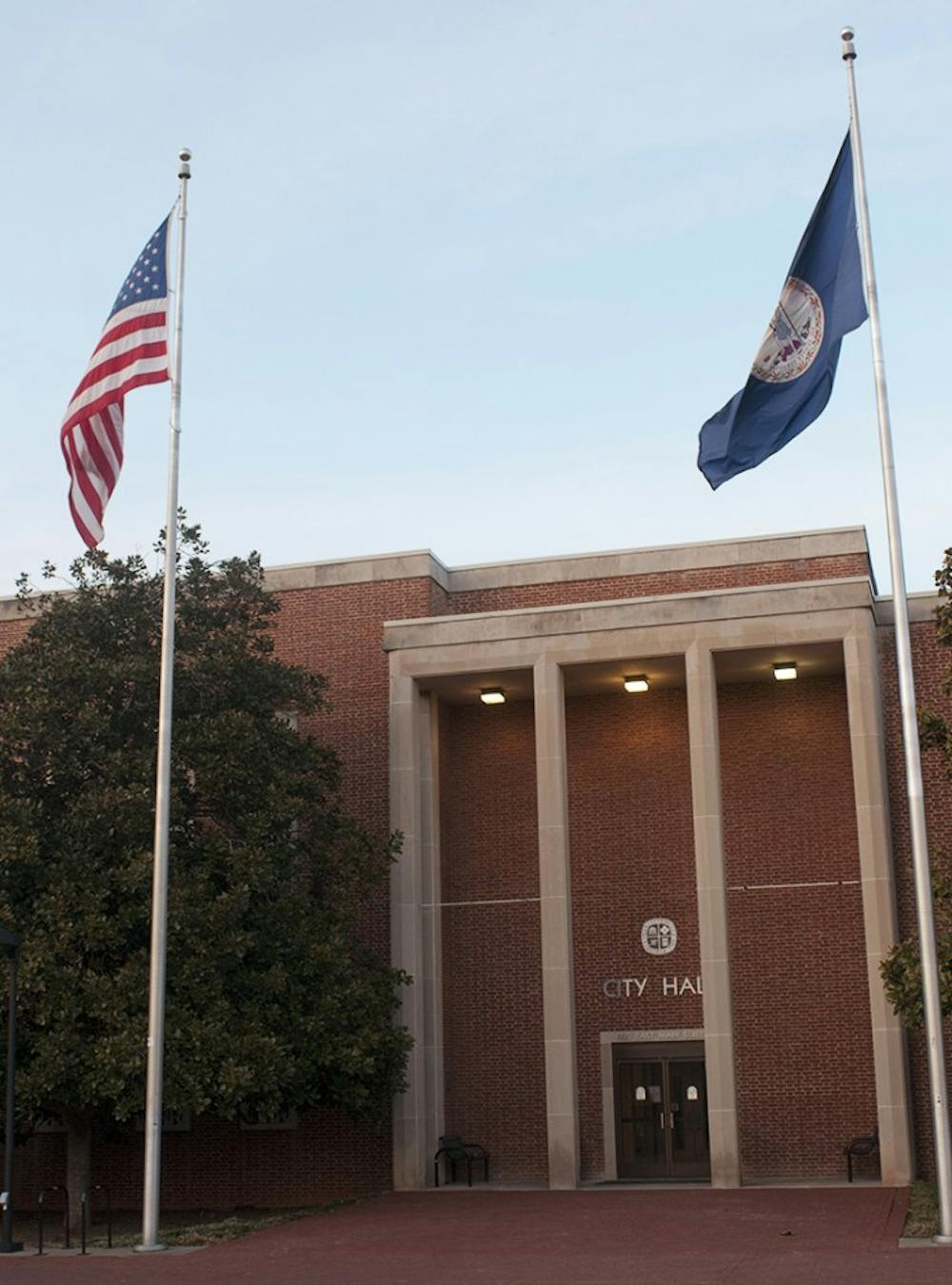The Charlottesville City Council approved a new ordinance on Tuesday night aiming to regulate entrepreneurial homeowners.
The ordinance changes the way these homeowners and renters can profit from the business of home-renting, an issue the city has been debating since July.
It will require homeowners operating transient housing, through companies like Airbnb and Stay Charlottesville, to have a business license. The ordinance also imposes an occupancy tax on people offering such services.
There will be a six-person limit per household at one time. However, residents no longer have to be on site while guests are being hosted, but must have a person responsible for the property within 30 miles and reachable at all times.
Anyone who fails to comply with the new transient occupancy tax will be guilty of a class three misdemeanor, according to the Charlottesville Code of Ordinances.
City Councilwoman Kristin Szakos said she was in favor of the ordinance as an opportunity to ensure that Charlottesville residents provide transient housing legally and with neighborhood protections.
“I did support the ordinance, and am glad that now we have a way for folks who are already providing hospitality to operate legally and with protections for the community,” she said.
Though many Charlottesville properties are already listed on Airbnb and Stay Charlottesville, council members were concerned with maintaining the peaceful neighborhoods that are often sought-after by Charlottesville families. Further changes may be considered in the near future, Szakos said.
“A second part of the short-term, home-based lodging industry is people who don’t live in the home full-time, but who rent the entire house out to visitors,” Szakos said. “I am hopeful that we can address this kind of transient lodging in the new year.”
Third-year College student Jacob Penturff said he thought highly of the transient housing model, viewing it as a way to cut expenses.
Third-year College student Chantal Tran agreed.
“I’m all for it,” she said. “It’s a great option for those who previously couldn’t afford to live here.”







